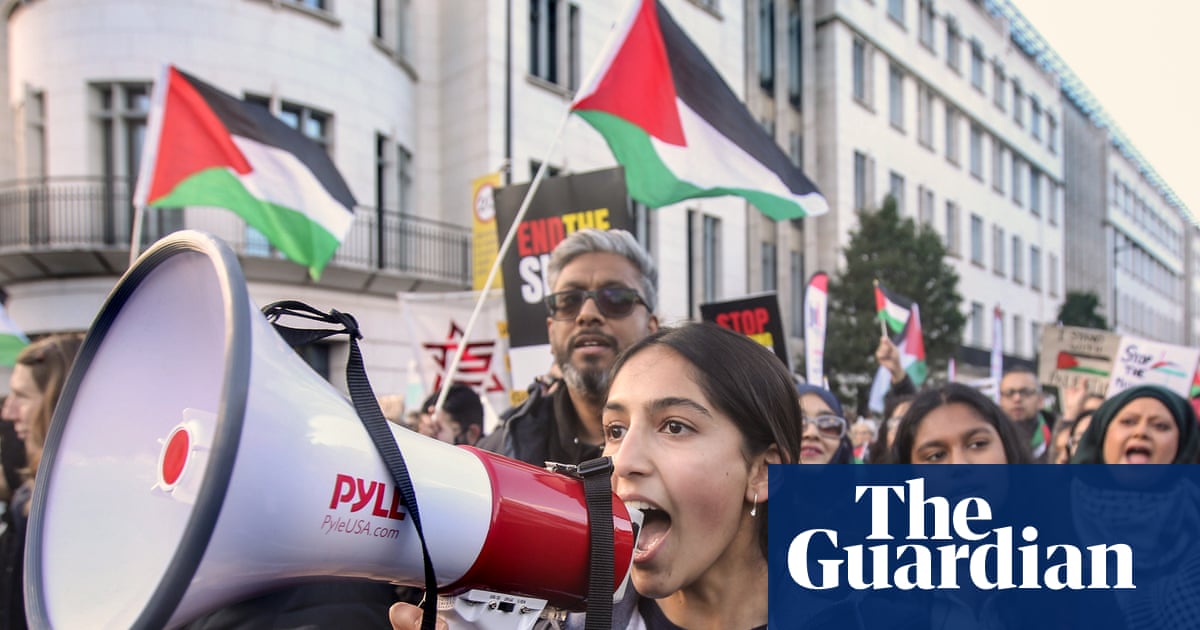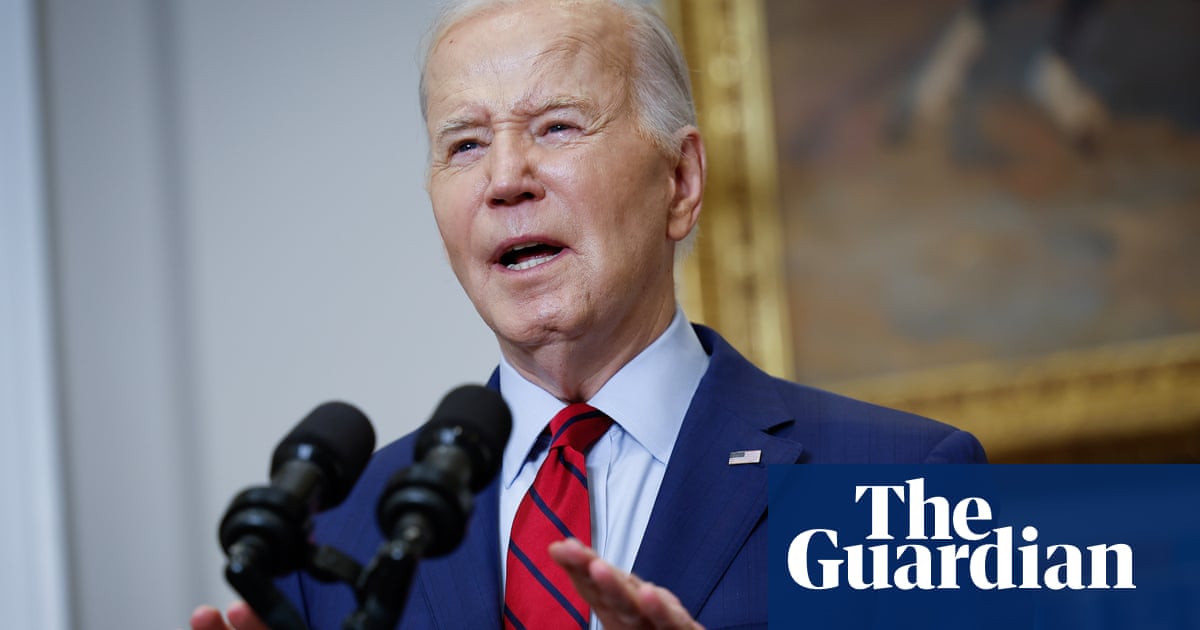
ot content with ambitions to limit judicial review, “update” (that is: weaken) the Human Rights Act, and pass laws that would insulate various agents of the state from accountability for human rights violations, the government is now, according to press reports last week, planning to introduce a new law that will limit our right to protest.
For a government that claims to be concerned about free speech and “cancel culture”, cracking down on protest isn’t a great look. Without the text of the proposals, we don’t know for certain how far it will go. Reports suggest it will limit the physical locations, such as near parliament or newspaper distribution plants, in which protest is allowed to take place; and that it will seek to ensure protesters aren’t “blocking democratic functions from happening”. This is a not hugely subtle sleight of hand that ignores something very important: protesting is integral to democracy.
Protest is a fundamental right, protected in domestic and international law, which the government and public authorities have a duty to facilitate. It is an essential tool for expressing dissent against those in power, and one of the ways that we join forces with one another to effect social, political and economic change. The plans are very likely to undermine our ability to collectively express dissent, which has been more crucial than ever this pandemic year.
Let’s be clear: Liberty has always supported proportionate action to protect public health, and much of our work recently has focused on ensuring that the people most likely to be hit hard by the pandemic are prioritised in the government’s response. At the same time, the magnitude of the limitations on our freedom implemented by politicians this year cannot be overstated.
In 2020 each of us has faced criminalisation for leaving the house without a “reasonable excuse”. Police have used surveillance drones to shame people walking in national parks. And countless people have been wrongly criminalised under the rushed and draconian Coronavirus Act, which also contains powers to force people to quarantine, close our borders, and even postpone some elections. And in all of this, parliament has been sidelined, with some lockdown laws, which have regulated aspects of our daily lives to a minute degree, coming into force at the stroke of a minister’s pen, with parliament given an opportunity to vote only weeks later.
It isn’t just the government response to the pandemic that has given people cause to protest this year. This summer saw a global uprising against the killing of George Floyd by American police, and more broadly in support of black people’s rights to live flourishing lives. In the UK, against a backdrop of disproportionate police use of force and powers such as stop and search, the deaths of black frontline workers such as Belly Mujinga, and longstanding racism in the criminal punishment system, people mobilised in 260 towns and cities up and down the country, rallying to insist that black lives matter.
Across the board, the response from the government and police has raised cause for serious concern. Scores of people have been arrested for taking to the streets to protest against lockdown restrictions. Protest organisers who have done their best to comply with pandemic restrictions, such as carrying out a risk assessment, have been cowed into not going ahead. And during the Black Lives Matter demonstrations in the summer, the home secretary, Priti Patel, claimed that these protests were illegal, and many demonstrators were subject to aggressive police tactics such as kettling. A report by Netpol found that the policing of the Black Lives Matter protests was symptomatic of institutional racism. These attacks on the right to protest are not unique to the pandemic: in 2019, the Metropolitan police unlawfully used an injunction to ban protest during the Extinction Rebellion demonstrations.
Leaving heavy-handed pandemic provisions and unlawful actions to one side, the UK’s legal environment is already heavily weighted in favour of the authorities when it comes to protest. Police have extremely wide-ranging powers to control or ban protests, and to arrest those who stray from conditions the police impose. These latest proposals tip that balance even further towards the authorities.
Being able to challenge the government and other public bodies is the lifeblood of our democracy, and in a year that has seen spectacular curbs on our liberties, it’s more important than ever. Threatening the right to protest is just another way this government is trying to limit our ability to stand up to power, alongside weakening our human rights framework and the ability of the courts to hold it to account. We could be disheartened, but instead we should look to the many powerful protest movements that have persisted nonetheless – from school climate strikers, to opponents of the exam “mutant algorithm”, to people fighting for racial equality. It’s up to all of us to protect our hard-won freedoms: 2021 is going to be hard enough for the government – it should drop this protest bill before it sees the light of day.












